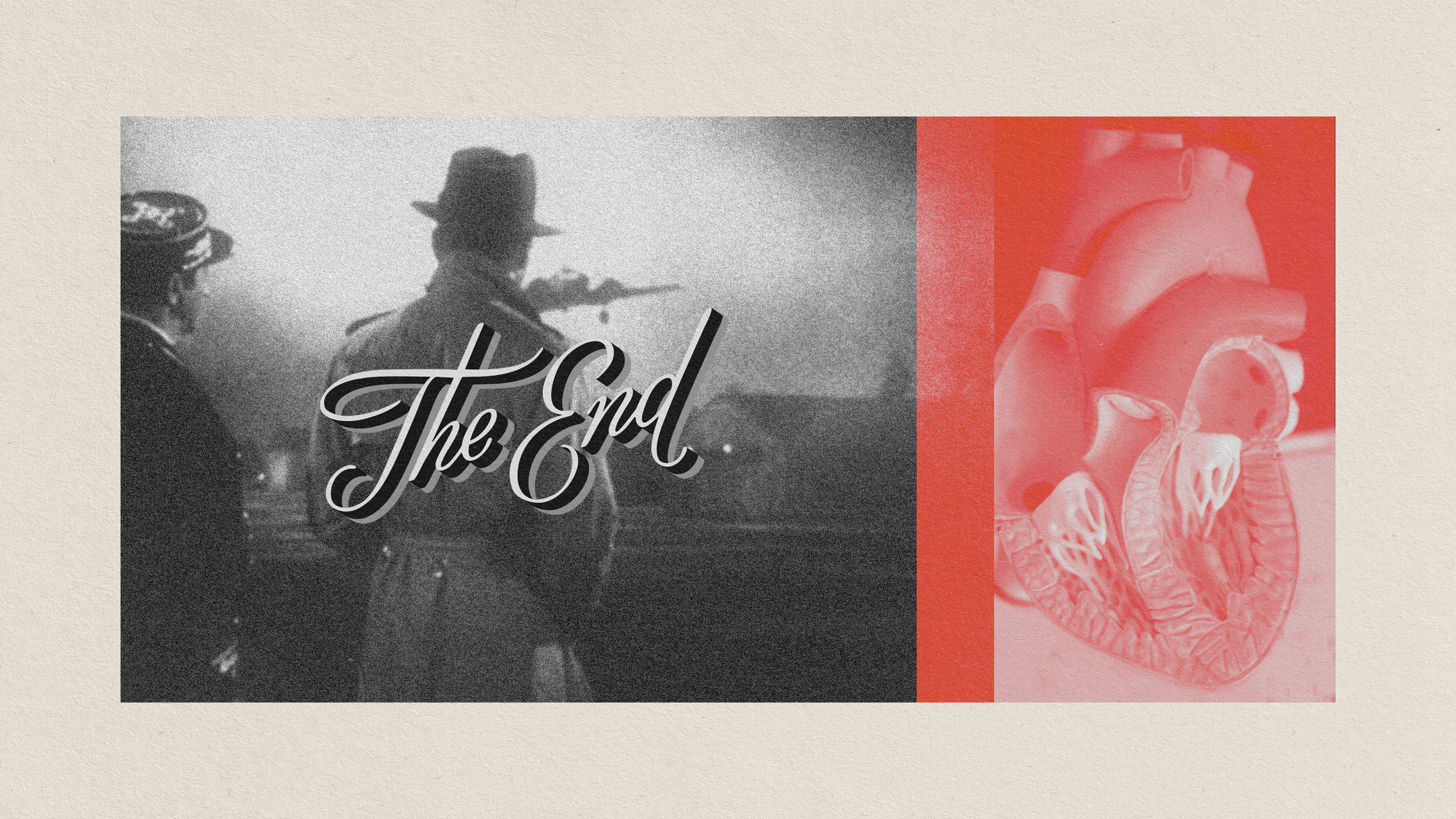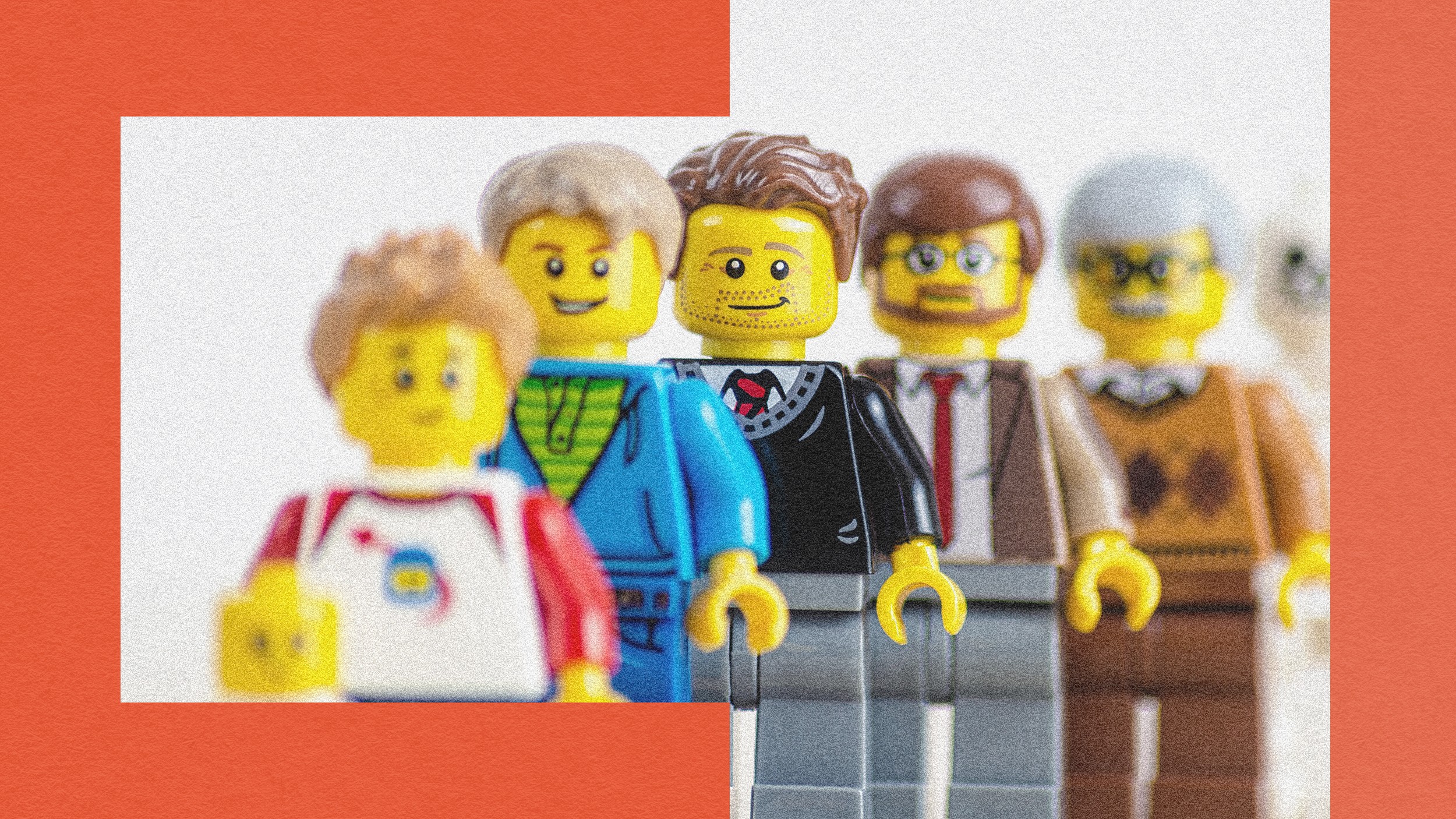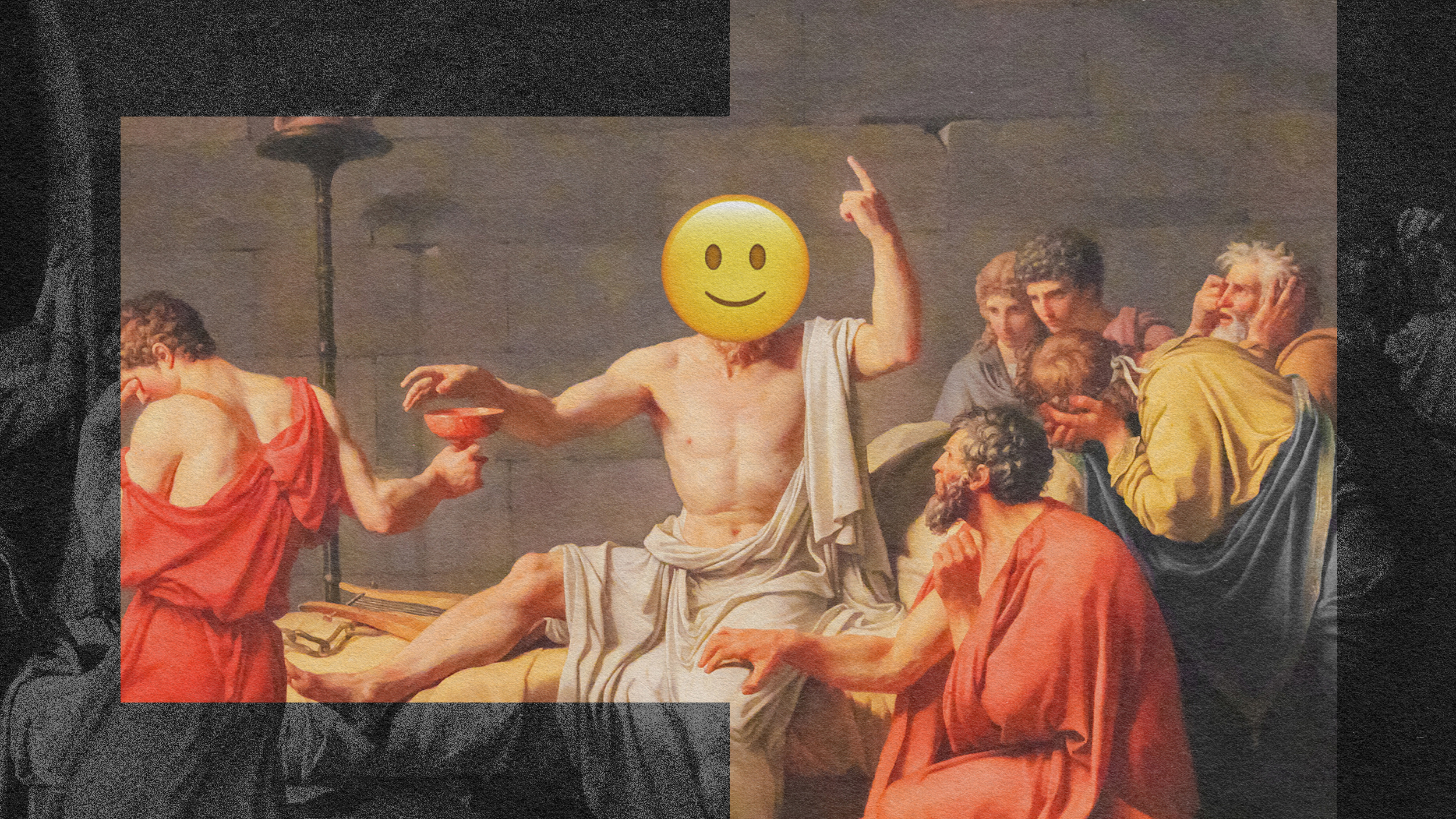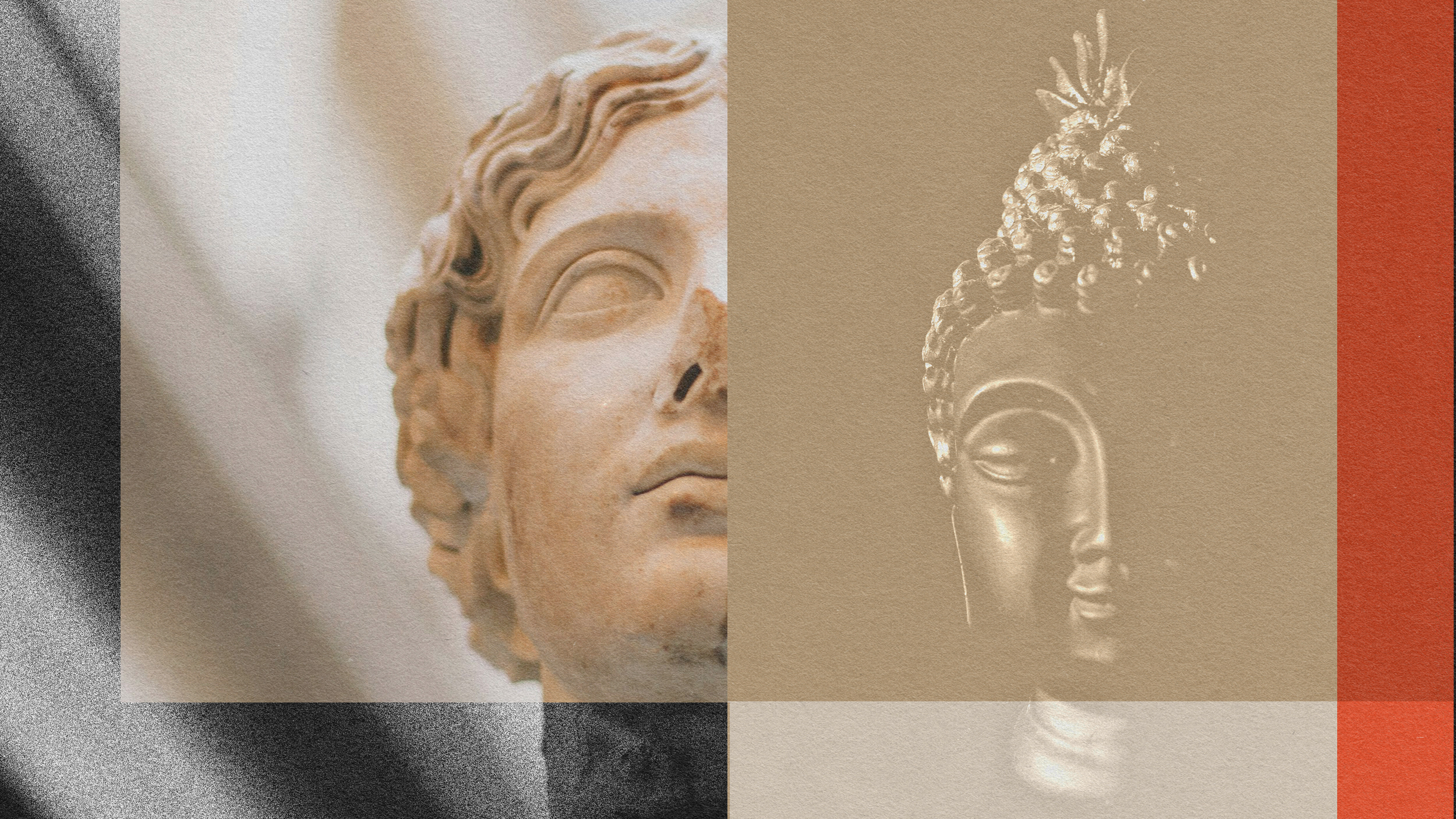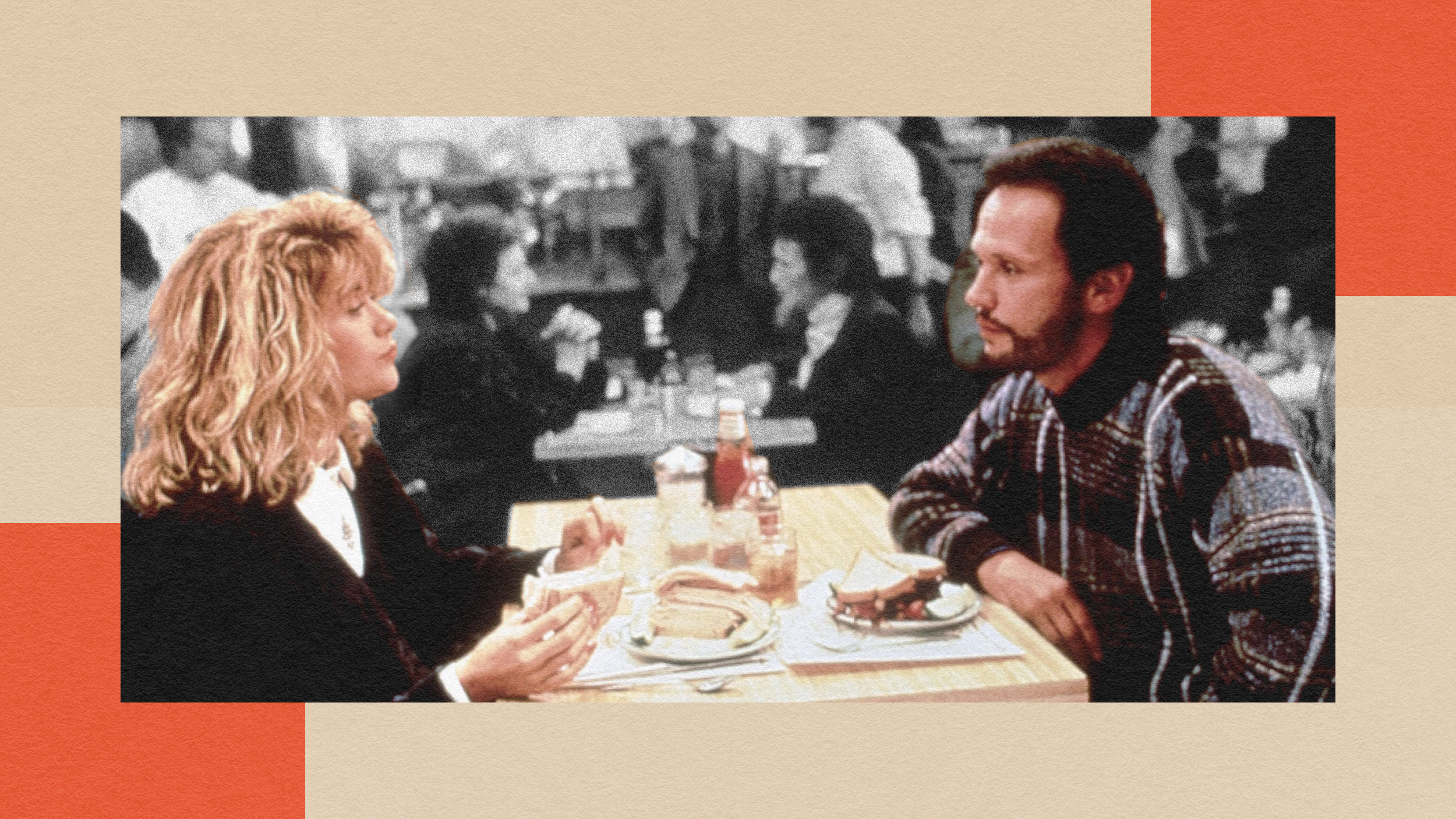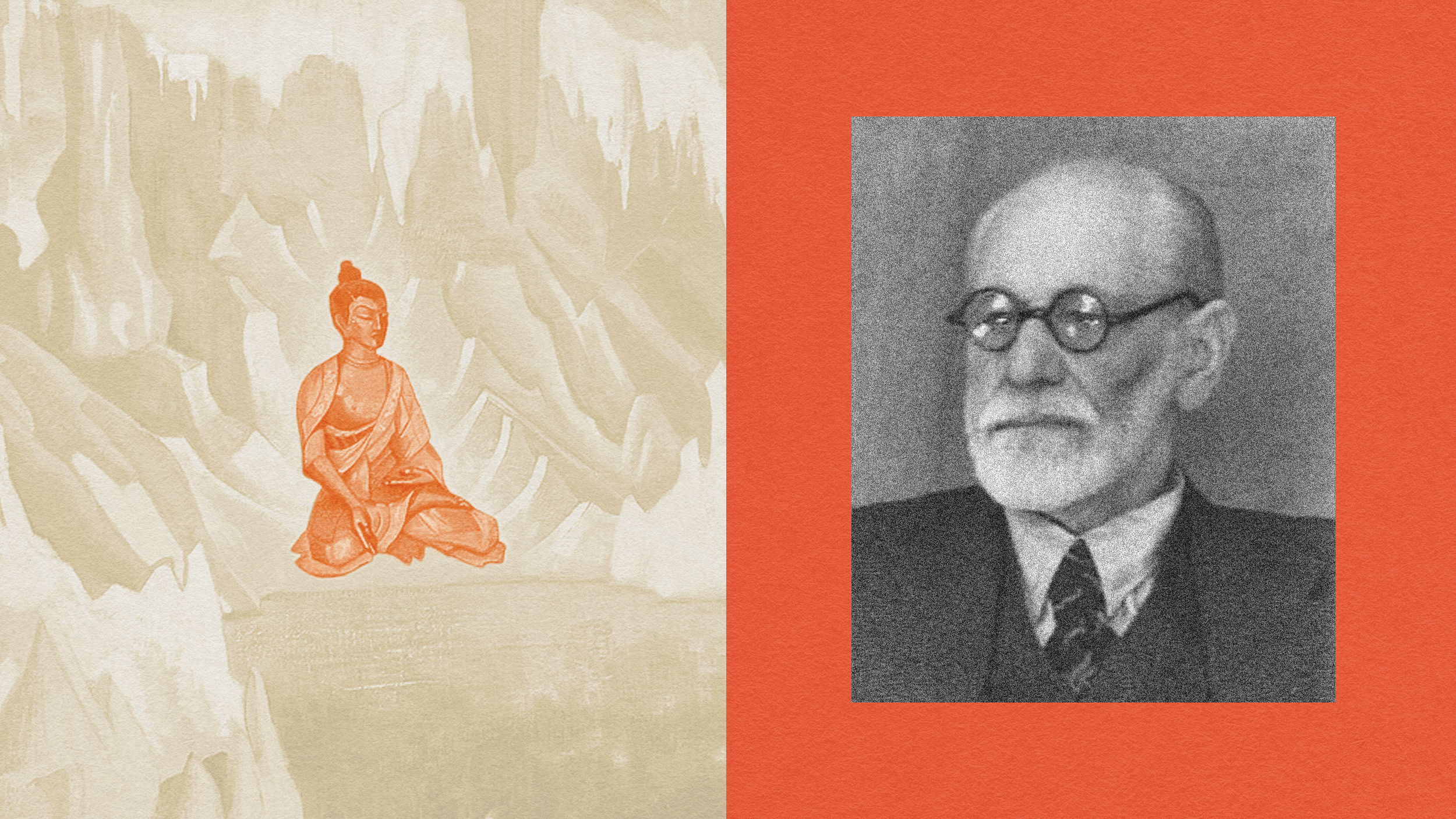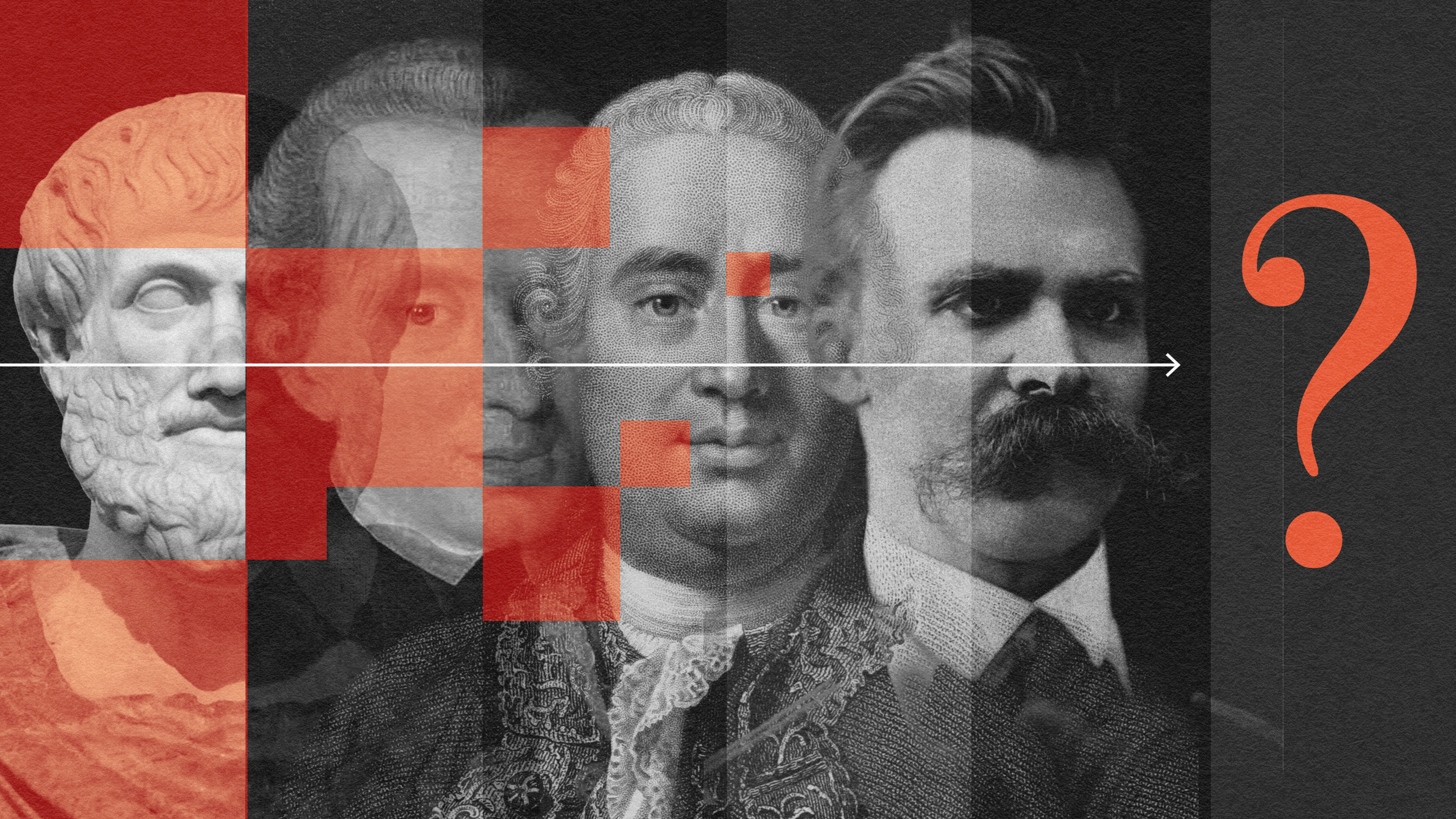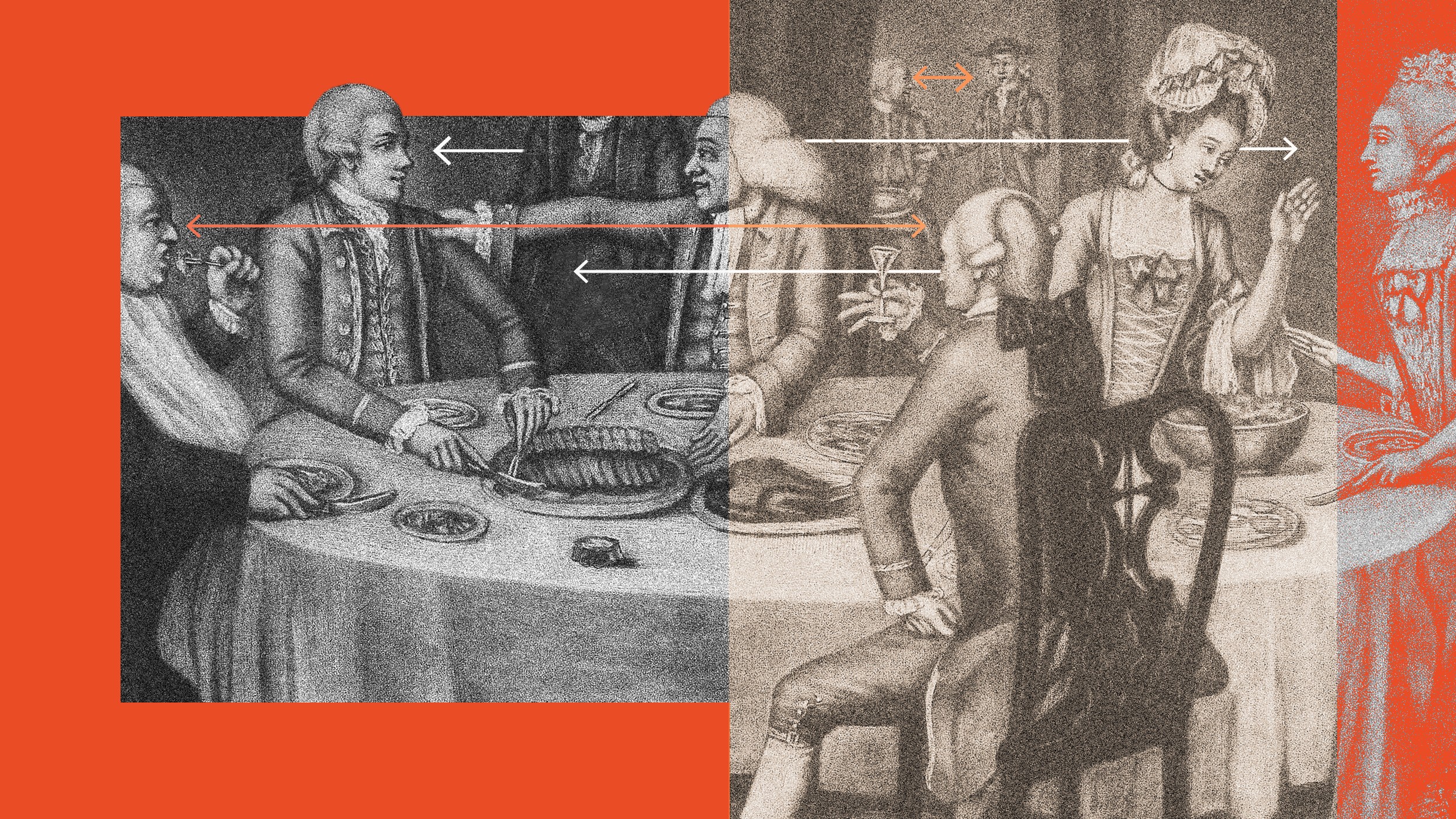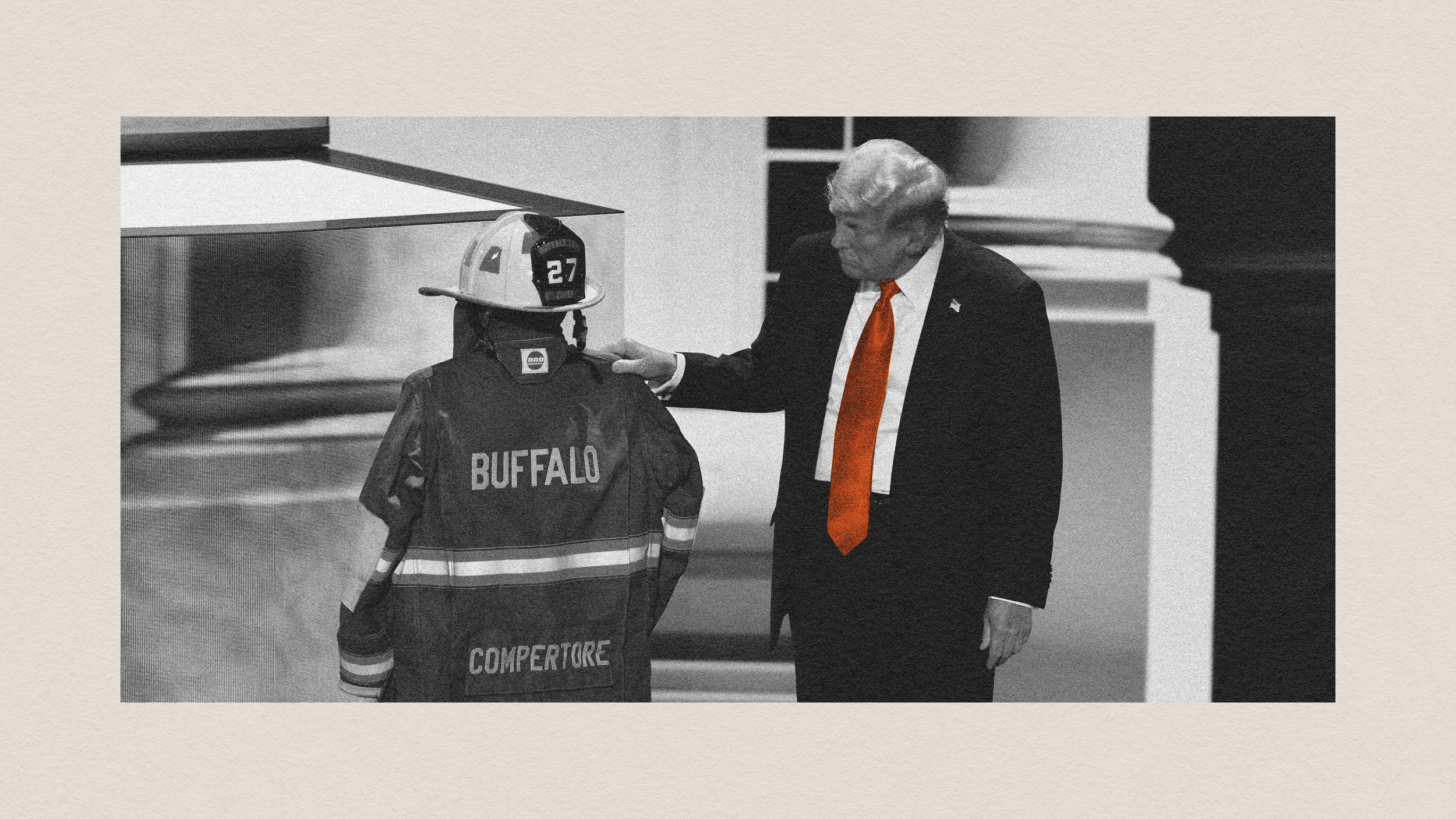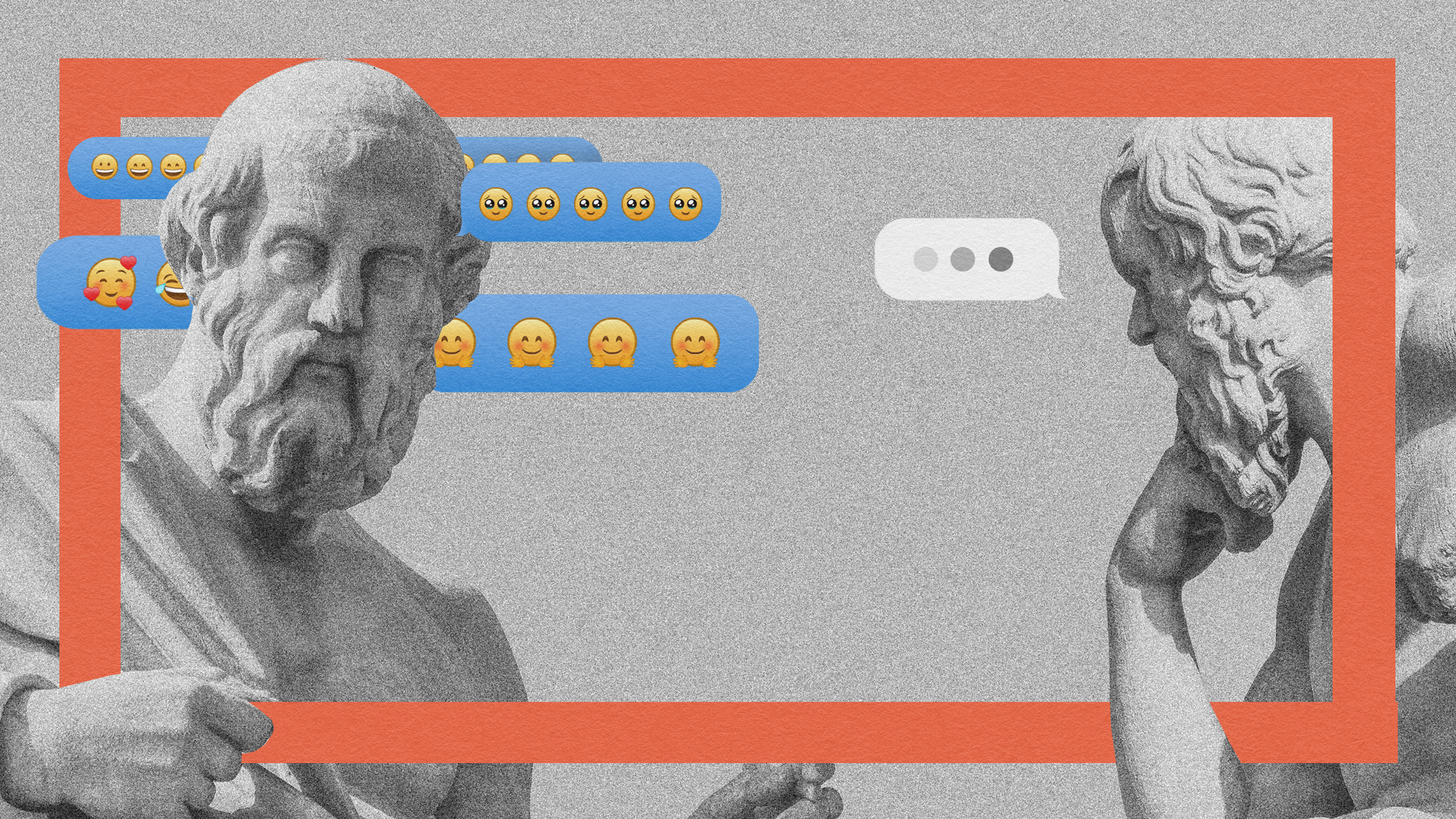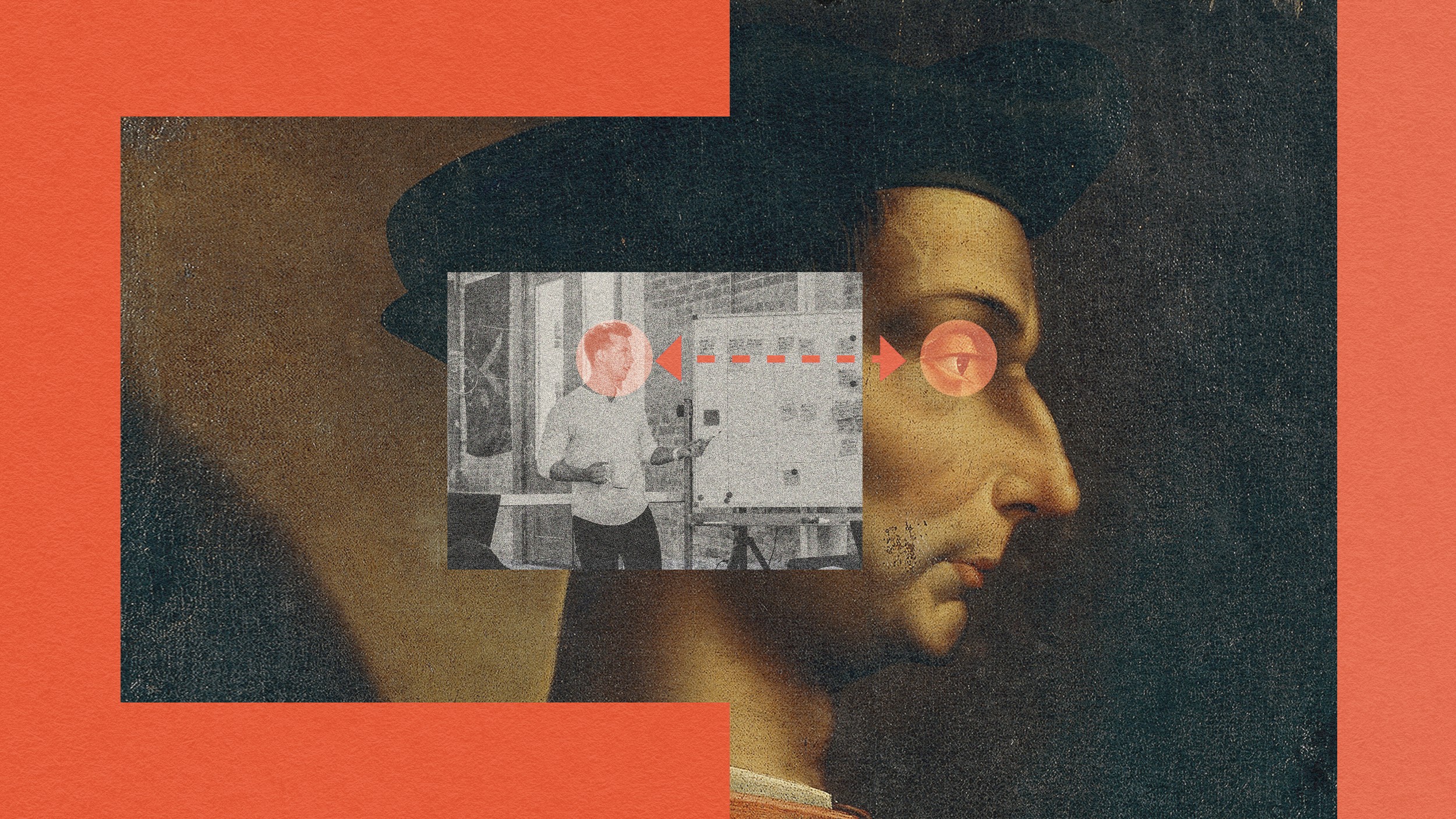Everyday Philosophy

Philosophy isn’t only about the big questions like “What is truth?” In fact, some of the best philosophy stems from seemingly small questions, like “Is it ever OK to ghost the people you date?” Everyday Philosophy brings these conversations directly to you, using philosophical insights to unpack everyday dilemmas in an unpretentious and accessible way.

“I think it’s about time we stop allowing every male generation bang their frontal lobe through its most developmental stages.”
Jonny Thomson taught philosophy in Oxford for more than a decade before turning to writing full-time. He’s a columnist at Big Think and is the award-winning, bestselling author of three[…]
How black and white is your thinking?
Jonny Thomson taught philosophy in Oxford for more than a decade before turning to writing full-time. He’s a columnist at Big Think and is the award-winning, bestselling author of three[…]
More Articles
There’s little more infuriating in the world than being told to “calm down” when you’re in the midst of a simmering grump.
How can “you” move on when the old “you” is gone?
Reading this article would be such a millennial thing to do.
Would you be upset if I called you an eggplant?
People often say, “Let go,” or, “Don’t take things to heart.” But where’s the line with this philosophy?
Why do we tip waitstaff and cabdrivers but not flight attendants and retail clerks?
In today’s political climate, how can we come together and seek some common ground or understanding? What are the mechanics of doing that? Is there some script or set of […]
Does Platonic love actually exist?
Desire is like a drug. But is an addict always an addict?
Philosophy cures no disease and invents nothing new. What’s even the point?
If philosophers really enjoy one thing, it’s a good debate — but not an argument.
Is it ever possible for God to violate the laws of nature?
How do you cope when joining a team shatters your confidence? Albert Camus and Harry Stack Sullivan can help.
“I know what you’re thinking” can sound kind or creepy — depending on who’s saying it.
There’s a fine line between ambition and ruthlessness.









